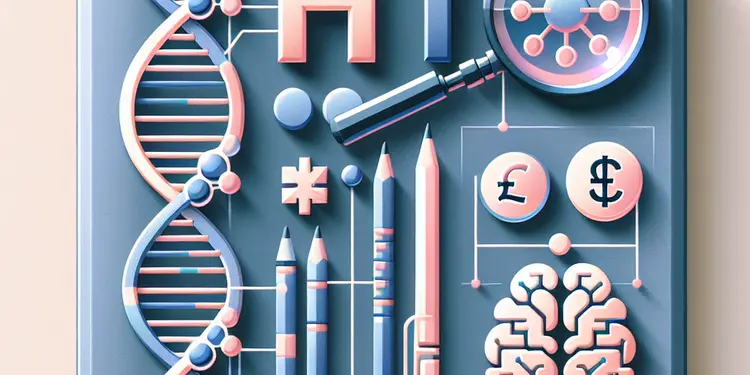
Find Help
More Items From Ergsy search
-

What causes Huntington's disease?
Relevance: 100%
-
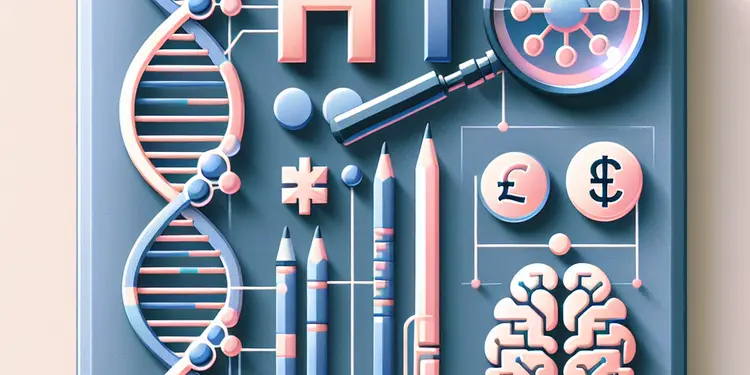
What role does the HTT gene play in Huntington's disease?
Relevance: 98%
-

What is Huntington's disease?
Relevance: 88%
-

Can Huntington's disease be prevented?
Relevance: 88%
-
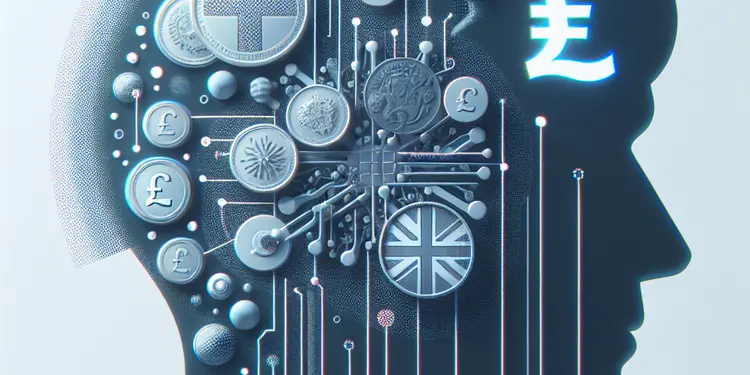
Can Huntington's disease be cured?
Relevance: 86%
-
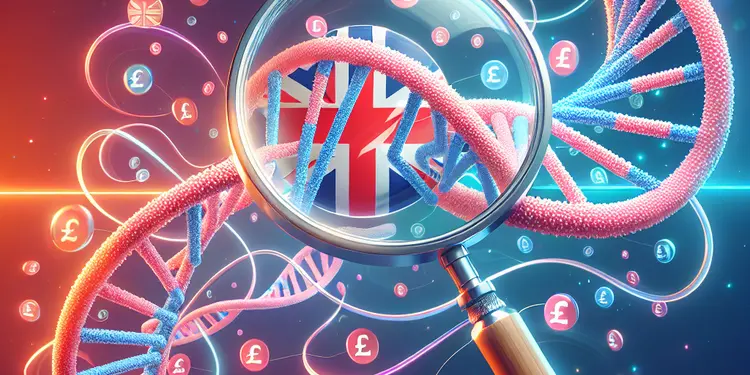
What is the role of genetic testing in Huntington's disease?
Relevance: 85%
-

At what age do symptoms of Huntington's disease typically appear?
Relevance: 83%
-

What research is being done on Huntington's disease?
Relevance: 81%
-
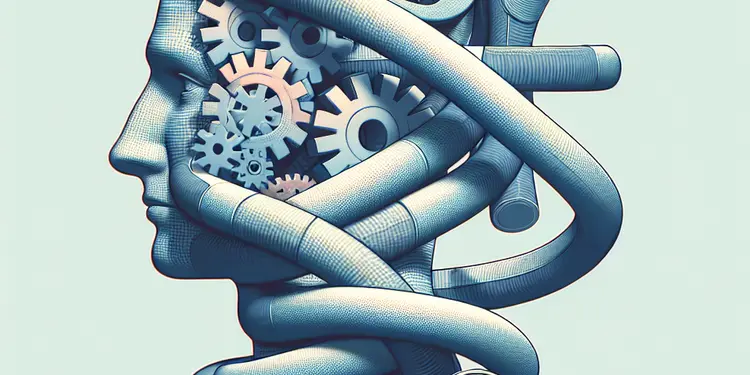
Is Huntington's disease fatal?
Relevance: 81%
-

How is Huntington's disease diagnosed?
Relevance: 78%
-
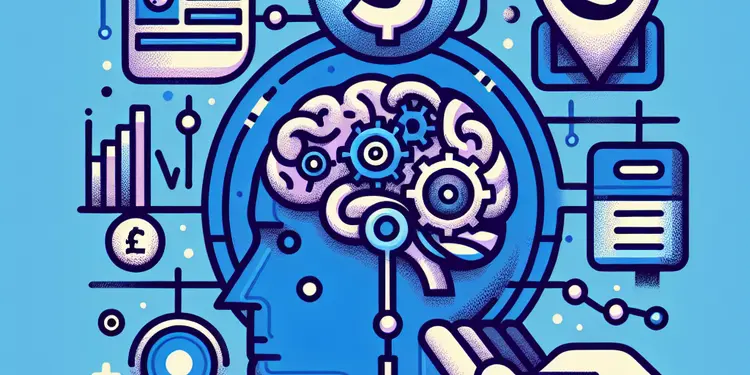
What are the symptoms of Huntington's disease?
Relevance: 68%
-
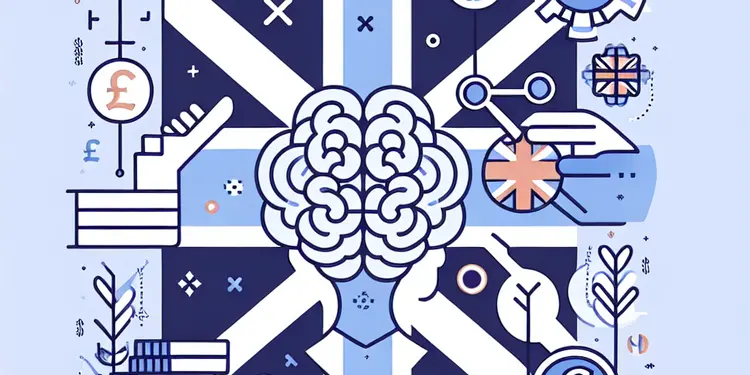
How does Huntington's disease affect cognition?
Relevance: 66%
-

How is Huntington's disease inherited?
Relevance: 66%
-

How does Huntington's disease affect movement?
Relevance: 63%
-
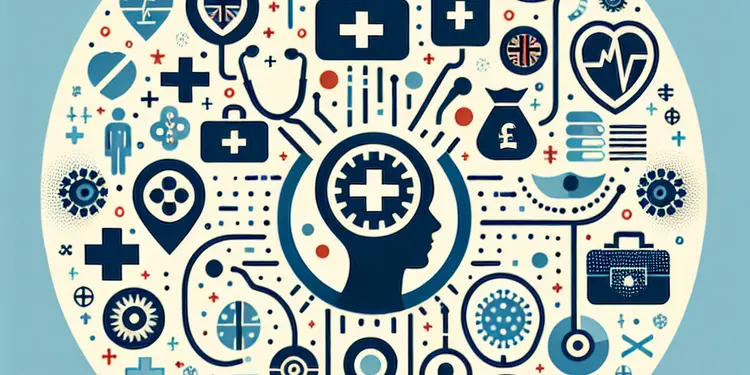
What kinds of specialists are involved in treating Huntington's disease?
Relevance: 63%
-

What is Juvenile Huntington's disease?
Relevance: 62%
-
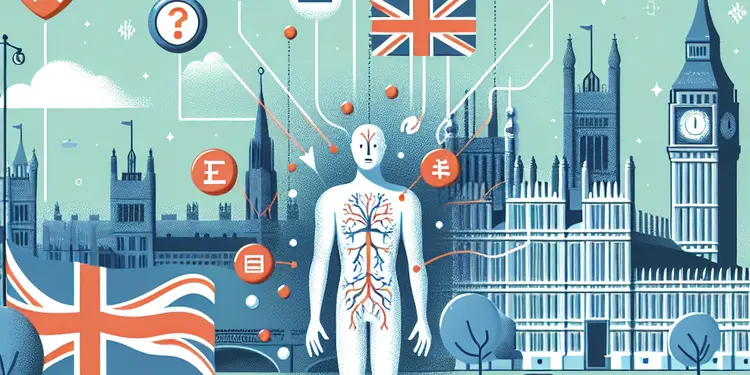
How does Huntington's disease affect emotions?
Relevance: 60%
-

Can lifestyle changes help manage Huntington's disease?
Relevance: 54%
-

Are there treatments available for Huntington's disease?
Relevance: 51%
-
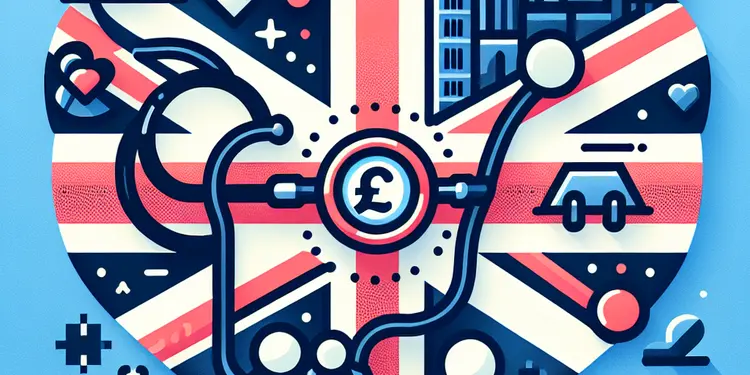
What support is available for families affected by Huntington's disease?
Relevance: 39%
-

What role do genetics play in motor neurone disease?
Relevance: 35%
-

Charlie and Rupert on their journey with Spinal Muscular Atrophy and Zolgensma Gene Therapy
Relevance: 35%
-
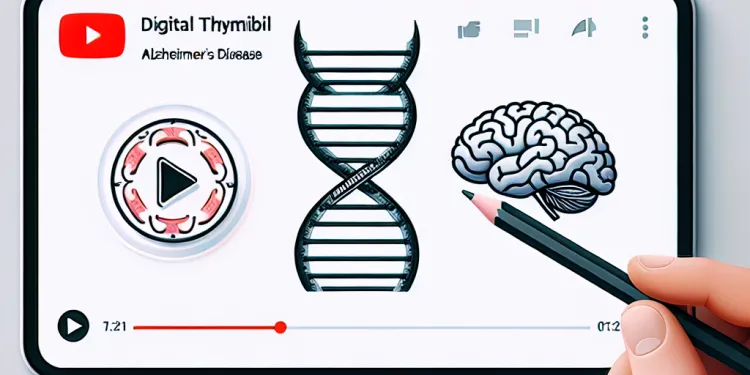
What role does genetics play in Alzheimer's disease?
Relevance: 33%
-
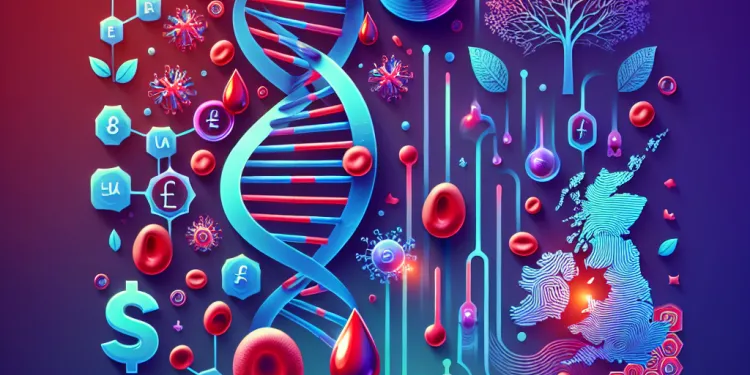
How is sickle cell disease inherited?
Relevance: 32%
-

Is there a cure for motor neurone disease?
Relevance: 32%
-
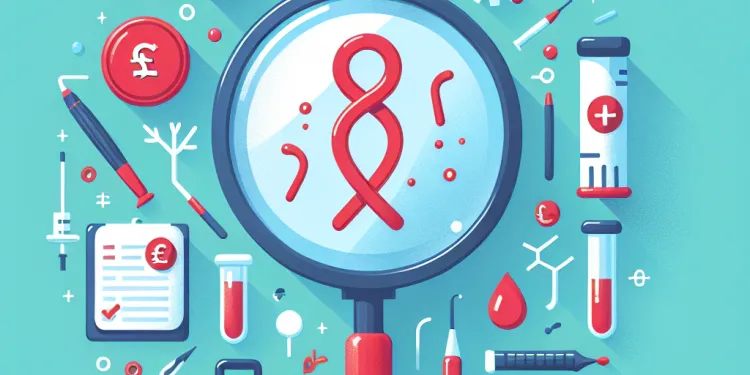
How is sickle cell disease diagnosed?
Relevance: 32%
-
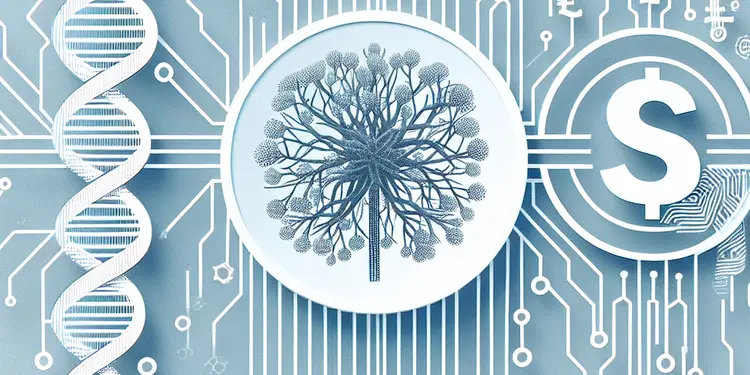
Is motor neurone disease hereditary?
Relevance: 32%
-

What causes motor neurone disease?
Relevance: 31%
-
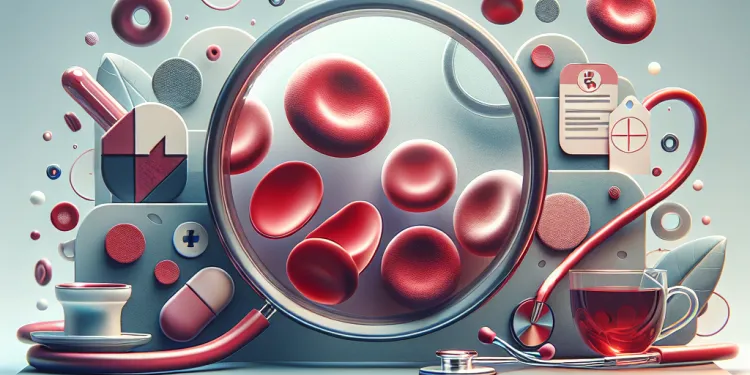
What is sickle cell disease?
Relevance: 31%
-
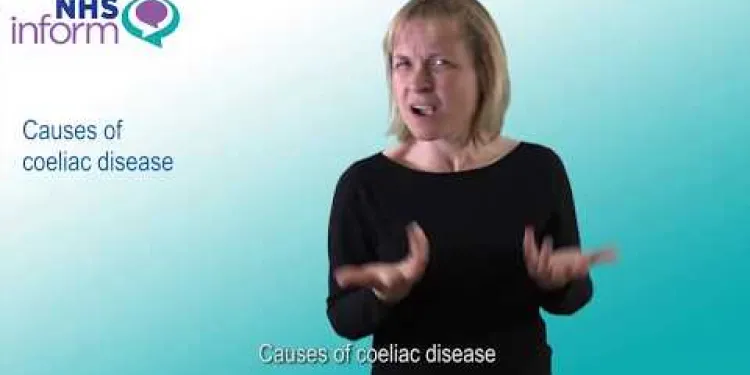
Causes of coeliac disease
Relevance: 31%
-

What is motor neurone disease?
Relevance: 27%
-

Diagnosing Coeliac Disease Updated 2021
Relevance: 26%
-
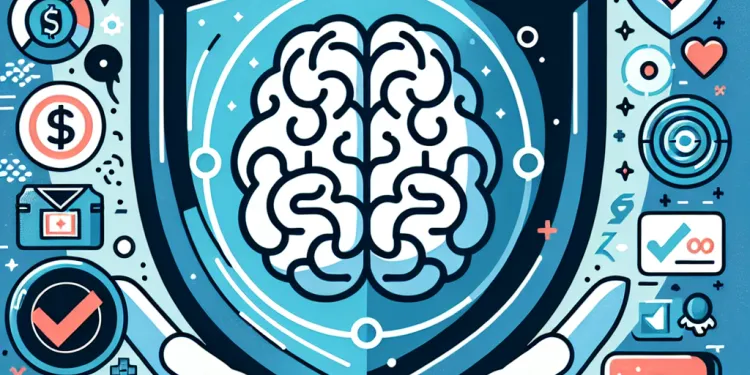
Who is at risk of developing Alzheimer's disease?
Relevance: 26%
-

What causes Alzheimer's disease?
Relevance: 25%
-
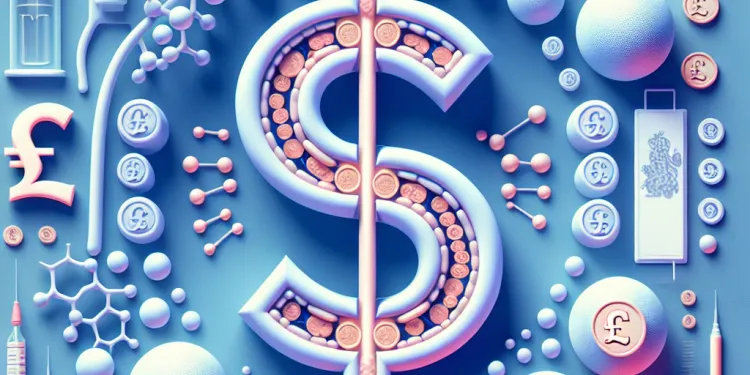
What is Mitochondrial disease?
Relevance: 25%
-
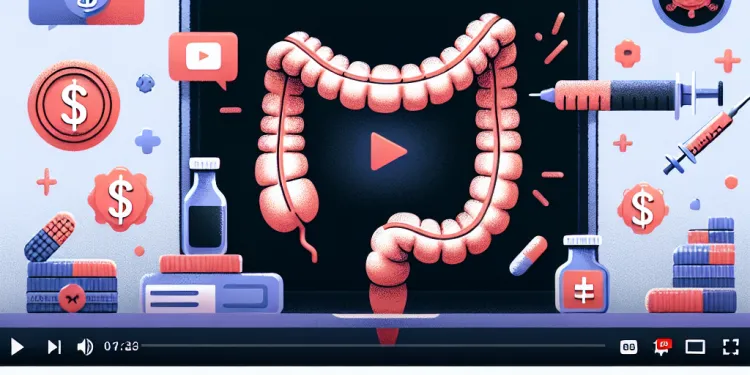
What causes Crohn's disease?
Relevance: 25%
-

Introduction to Sickle cell disease
Relevance: 23%
-
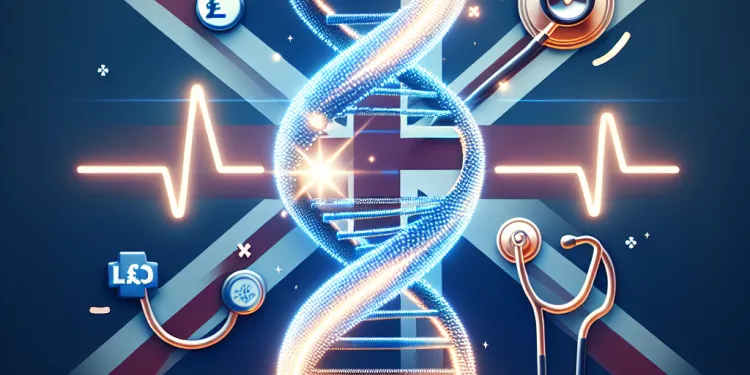
How is sickle cell disease treated?
Relevance: 23%
-

Coeliac disease
Relevance: 22%
-

Coeliac Disease: Session 1: What is Coeliac Disease?
Relevance: 22%
Understanding the HTT Gene
The HTT gene, short for huntingtin, plays a crucial role in cellular processes within the human body, particularly in the brain. It is located on chromosome 4 and provides instructions for creating the huntingtin protein. This protein is essential for normal development and function of nerve cells, although its complete range of functions is not fully understood. The huntingtin protein is involved in intracellular transport, neurotransmitter release, and other critical cellular activities.
HTT Gene and Huntington's Disease
Huntington's disease is a neurodegenerative disorder characterized by the progressive breakdown of nerve cells in the brain. The HTT gene is directly linked to the development of this condition. The disease is caused by a mutation in the HTT gene that involves an abnormal expansion of the CAG trinucleotide repeats. Normally, this segment of the gene is repeated 10 to 35 times, but in individuals with Huntington's disease, it is repeated 36 to over 120 times, leading to the production of a mutant huntingtin protein.
Effect of the Mutant Huntingtin Protein
The mutant huntingtin protein has a toxic effect on neurons, particularly in certain areas of the brain such as the striatum and cerebral cortex, leading to the characteristic symptoms of Huntington's disease. These symptoms include movement disorders, cognitive decline, and psychiatric problems. The mutant protein accumulates inside nerve cells, causing them to malfunction and eventually die. This neuronal death leads to the progressive declines seen in individuals with the disease.
Inheritance and Genetic Testing
Huntington's disease is inherited in an autosomal dominant pattern, meaning a person only needs one copy of the mutated gene to develop the disorder. Each child of an affected parent has a 50% chance of inheriting the deleterious HTT gene mutation. Genetic testing is available to determine the presence of the Huntington's-causing mutation in individuals, which can confirm a diagnosis or indicate whether someone is at risk of developing the disease in the future. This test is critical for family planning and understanding disease prognosis.
Current Research and Therapeutic Approaches
Research into Huntington's disease and the function of the HTT gene is ongoing. Scientists are exploring various therapeutic approaches to address the effects of the mutant protein and the resulting neuronal damage. Gene silencing techniques, for example, aim to reduce the production of the mutant huntingtin protein. There is also interest in developing drugs that can prevent the toxic effects of the protein or enhance cellular repair mechanisms. These research efforts strive to improve the quality of life for those affected and ultimately find a cure.
What is the HTT Gene?
The HTT gene helps our bodies work, especially in the brain. It is found on something called chromosome 4. The HTT gene helps make the huntingtin protein. This protein helps our nerve cells work properly, but we do not know everything about it yet. It helps move things inside our cells and sends messages in the brain.
HTT Gene and Huntington's Disease
Huntington's disease is a brain disorder that gets worse over time. It happens when there is a change in the HTT gene. This change makes the gene repeat a small piece called CAG too many times. Usually, it repeats 10 to 35 times, but in people with Huntington’s, it repeats 36 to over 120 times. This makes a bad huntingtin protein.
What the Bad Protein Does
The bad huntingtin protein harms nerve cells in the brain. It mainly affects parts of the brain called the striatum and cerebral cortex. This causes signs of Huntington's disease like trouble moving, thinking, and changes in mood. The bad protein builds up in nerve cells, making them sick and die. This is why people with the disease get worse over time.
How Huntington's Disease is Passed Down
Huntington's disease is passed from parent to child. If a parent has the changed gene, each child has a 50% chance of getting it. There is a test to find out if someone has the gene that causes Huntington's. This test can show if a person will get sick and can help with family decisions and knowing what might happen in the future.
Finding Help and New Treatments
Scientists are working hard to learn more about the HTT gene and Huntington's disease. They are trying new ways to fix problems caused by the bad protein. One idea is to make less of the bad protein. Scientists also want to find medicines that stop the protein from hurting the brain or help fix the brain cells. They hope to make life better for people with Huntington's and find a cure one day.
Frequently Asked Questions
Useful Links
This website offers general information and is not a substitute for professional advice.
Always seek guidance from qualified professionals.
If you have any medical concerns or need urgent help, contact a healthcare professional or emergency services immediately.
Some of this content was generated with AI assistance. We’ve done our best to keep it accurate, helpful, and human-friendly.
- Ergsy carfully checks the information in the videos we provide here.
- Videos shown by Youtube after a video has completed, have NOT been reviewed by ERGSY.
- To view, click the arrow in centre of video.
- Most of the videos you find here will have subtitles and/or closed captions available.
- You may need to turn these on, and choose your preferred language.
- Go to the video you'd like to watch.
- If closed captions (CC) are available, settings will be visible on the bottom right of the video player.
- To turn on Captions, click settings .
- To turn off Captions, click settings again.
More Items From Ergsy search
-

What causes Huntington's disease?
Relevance: 100%
-

What role does the HTT gene play in Huntington's disease?
Relevance: 98%
-

What is Huntington's disease?
Relevance: 88%
-

Can Huntington's disease be prevented?
Relevance: 88%
-

Can Huntington's disease be cured?
Relevance: 86%
-

What is the role of genetic testing in Huntington's disease?
Relevance: 85%
-

At what age do symptoms of Huntington's disease typically appear?
Relevance: 83%
-

What research is being done on Huntington's disease?
Relevance: 81%
-

Is Huntington's disease fatal?
Relevance: 81%
-

How is Huntington's disease diagnosed?
Relevance: 78%
-

What are the symptoms of Huntington's disease?
Relevance: 68%
-

How does Huntington's disease affect cognition?
Relevance: 66%
-

How is Huntington's disease inherited?
Relevance: 66%
-

How does Huntington's disease affect movement?
Relevance: 63%
-

What kinds of specialists are involved in treating Huntington's disease?
Relevance: 63%
-

What is Juvenile Huntington's disease?
Relevance: 62%
-

How does Huntington's disease affect emotions?
Relevance: 60%
-

Can lifestyle changes help manage Huntington's disease?
Relevance: 54%
-

Are there treatments available for Huntington's disease?
Relevance: 51%
-

What support is available for families affected by Huntington's disease?
Relevance: 39%
-

What role do genetics play in motor neurone disease?
Relevance: 35%
-

Charlie and Rupert on their journey with Spinal Muscular Atrophy and Zolgensma Gene Therapy
Relevance: 35%
-

What role does genetics play in Alzheimer's disease?
Relevance: 33%
-

How is sickle cell disease inherited?
Relevance: 32%
-

Is there a cure for motor neurone disease?
Relevance: 32%
-

How is sickle cell disease diagnosed?
Relevance: 32%
-

Is motor neurone disease hereditary?
Relevance: 32%
-

What causes motor neurone disease?
Relevance: 31%
-

What is sickle cell disease?
Relevance: 31%
-

Causes of coeliac disease
Relevance: 31%
-

What is motor neurone disease?
Relevance: 27%
-

Diagnosing Coeliac Disease Updated 2021
Relevance: 26%
-

Who is at risk of developing Alzheimer's disease?
Relevance: 26%
-

What causes Alzheimer's disease?
Relevance: 25%
-

What is Mitochondrial disease?
Relevance: 25%
-

What causes Crohn's disease?
Relevance: 25%
-

Introduction to Sickle cell disease
Relevance: 23%
-

How is sickle cell disease treated?
Relevance: 23%
-

Coeliac disease
Relevance: 22%
-

Coeliac Disease: Session 1: What is Coeliac Disease?
Relevance: 22%


